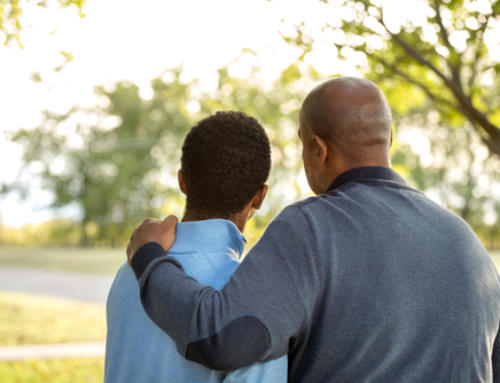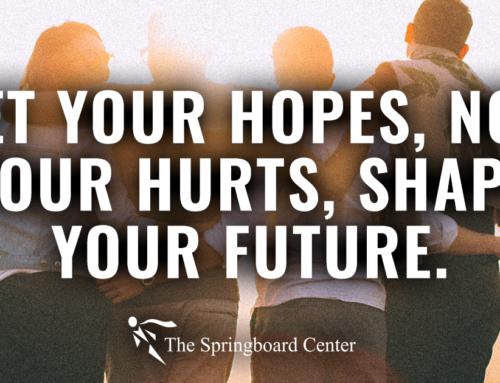Going back home may be the hardest thing a person can do post treatment. Heading back into reality from rehab can feel like going into the lion’s den, with triggers all over the place. Relapse is a reality for so many people in early recovery. Find some tips here for how to transition home post treatment and keep focused on sobriety.
Barrier One
Upon discharge from rehab, an individual with addiction leaves the life of using drugs or alcohol behind. Feeling hopeful, the person works to establish a new life but quickly realizes there is no money to spend in the account and friends are no longer good people to hang around if they are still in active addiction. Perhaps it is difficult to get a job with a history of drug use or due to their issues and the cycle brings the person down. The challenge is that unmet basic needs like a job or housing can be a barrier for recovery post treatment.
Barrier Two
Following treatment, a person returns home with a new perspective and new resolve to change their life around. Quickly, the person realized a lot of bridges were burned, isolation feels present, and there are no friends that are not in addiction to hang out with. Drinking and drug use place a huge strain on relationships. Perhaps it brings up feelings of inadequacy that no matter what, there is nothing that will help make it better. Interpersonal barriers can be a big factor in relapse.
Barrier Three
Coping with the old neighborhood haunts and friends upon discharge from rehab can be one of the most challenging barriers to recovery. Long-term sobriety will not happen so long as the people who kept an individual in active addiction are around. At least, early on in recovery, it is better to stay away from those toxic people from that ‘former life.’
Setting Up for Success
Facing difficult individual, interpersonal, organizational, community, and policy barriers in early recovery can make it more likely to relapse. The best ways to transition include:
- Building a solid community of sober friends and family around an individual
- Not hanging out with people in active addiction
- Seeking employment and supportive housing opportunities for getting life back on track. This will help reinforce and continue progress following treatment
- Ensuring an aftercare plan that can be followed and for which there is accountability
With these tips in mind, it will not be a perfect process but it will be an easier transition than not having supportive people and programs in place.
Springboard Center’s addiction treatment program works to build a solid foundation for people in recovery from addiction. It is important to recognize the many services offered that will help you thrive in rehab and beyond. Call now to get started: 432-620-0255




